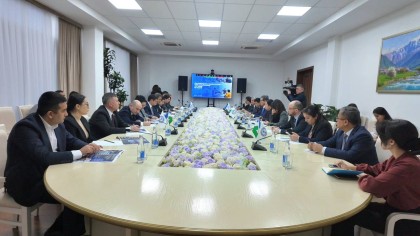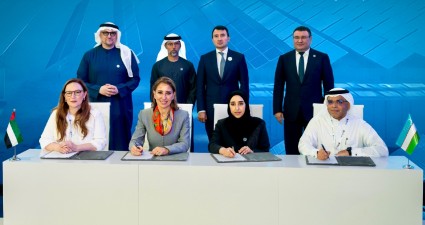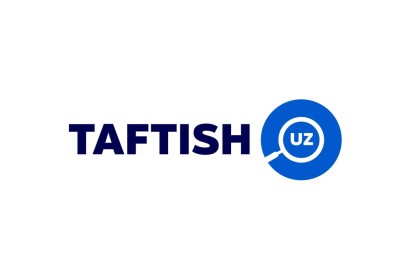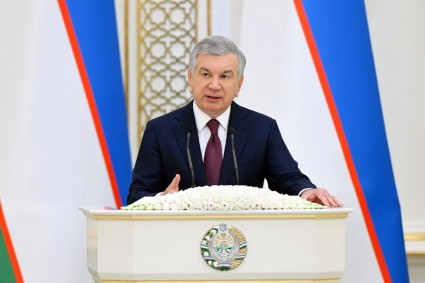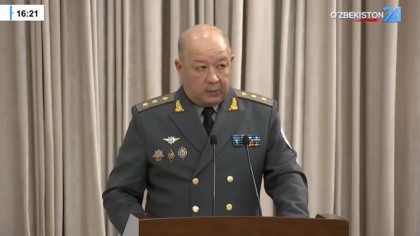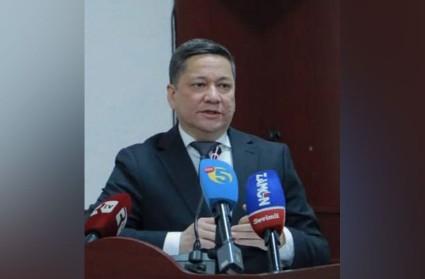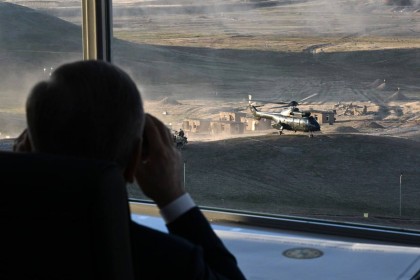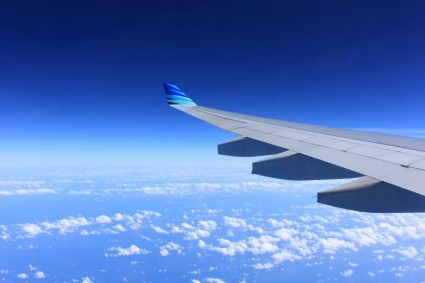Russian Foreign Minister Sergey Lavrov commented on the increasingly popular Central Asia+ cooperation format during a press briefing in Samarkand Wednesday. The transcript of the conversation was published by the press service of the Russian Foreign Ministry.
Sergey Lavrov announced preparations for the Central Asia-Russia summit, scheduled for autumn 2025.
The next summit will be held in October on the sidelines of the CIS summit in Dushanbe. We proceed from the fact that this cooperation format can be exclusively mutually beneficial and based on agreements that suit all participants in this process, he noted.
At the same time, he added that the Russian authorities “oppose the politicization of cooperation processes, the introduction of ideological elements associated with attempts by one or another group of countries to establish dominance in this and other geopolitical spaces.”
Sergey Lavrov expressed the opinion that such attempts are manifested in the approaches of "Western colleagues to cooperation with the Central Asian five countries.
The members of the European Union, the leadership of the European Commission in Brussels, are quite active, trying to promote their agenda in the region with an openly anti-Russian bias. We are not against our allies, strategic partners pursuing a multi-vector policy. We ourselves are always interested in seeking mutually beneficial agreements in all geopolitical and geographical areas. But some of the partners of Central Asia, primarily Western ones, are trying not so much to offer mutually beneficial projects as to promote their own interests, allocating funds for programs aimed rather at penetrating the state structures of the Central Asian countries, including such sensitive areas as border interaction, statistics, customs affairs, he added.
He added that this "cannot be approved of, and this is seen by the Central Asian countries," which, according to Lavrov, "are well aware of the goals that Western countries are promoting and are doing everything to protect themselves as much as possible."
"Therefore, we are in favor of freeing the processes of cooperation between Central Asia and external partners from this kind of blatant attempts (to call things by their proper names) to interfere in internal affairs. We never allow ourselves to do this with anyone," the head of the Russian Foreign Ministry said.
Earlier in April, the Central Asia-European Union summit took place in Samarkand with the participation of the leaders of five countries in the region, European Council President Antonio Costa and European Commission President Ursula von der Leyen. The Summit culminated in the signing by the leaders of the Central Asian countries and the European Union of a declaration that upgraded the relations between the parties to the strategic partnership level. The document is aimed at developing trade, transport, energy, digital communications and water management.



